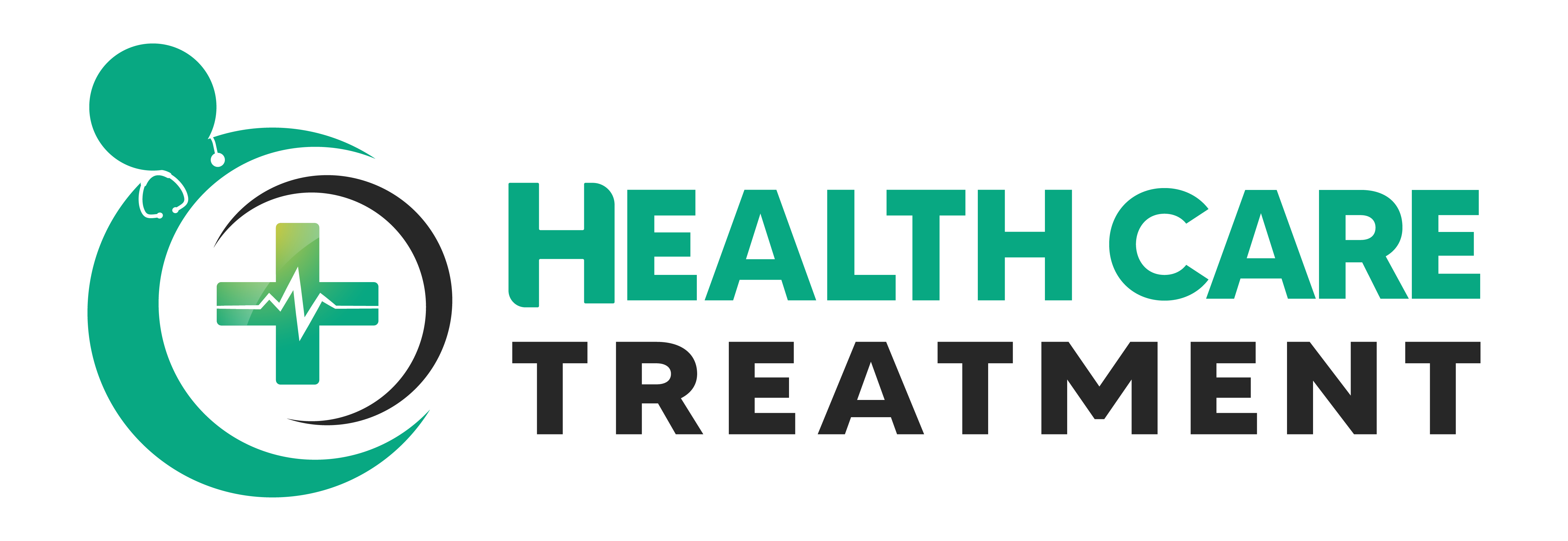Navigating the journey to recovery from addiction is a path marked with potential pitfalls and challenges. An essential lifeline in this journey is a meticulously crafted relapse prevention plan. This strategic blueprint serves as a guardian, enabling individuals to fortify their resolve, identify triggers, and implement coping strategies to maintain sobriety. In parallel, rehabs in Cape Town offer a sanctuary for those in pursuit of healing, providing the tools and support necessary to combat addiction. Both components seamlessly converge, creating a robust foundation for long-term recovery. A well-conceived relapse prevention program, supported by the therapeutic environment of rehabs, is crucial in empowering individuals to navigate the complexities of recovery and reclaim control over their lives.
Elements of an Effective Relapse Prevention Plan
- Personalized Coping Strategies: Tailoring coping strategies to individual needs is a core component of any relapse prevention plan. Recognizing personal triggers and stressors that might jeopardize recovery, and having a set of personalized responses, can be instrumental in maintaining sobriety.
- Continuous Education: Education about the nature of addiction and the recovery process is vital. Rehabs in Cape Town often emphasize the importance of understanding the psychological and physiological aspects of addiction, which can fortify an individual’s relapse prevention program by offering insight and awareness.
- Support Networks: A robust support network, including family, friends, and support groups, ensures that individuals have access to encouragement and accountability. Additionally, many rehabs provide aftercare programs to continue this support post-treatment.
- Healthy Routine Development: Structuring a daily routine that promotes physical health, mental clarity, and emotional well-being is essential. This often includes regular exercise, balanced nutrition, sufficient sleep, and stress management techniques. Such routines are often initiated during a stay at rehabs in Cape Town and are a staple of a strong relapse prevention plan.
- Continuous Monitoring: Regular self-assessment and monitoring for potential relapse signs can be crucial. It allows for prompt adjustments to the relapse prevention program and can be complemented by professional help from rehabs when needed, ensuring that recovery remains on track.
Conclusion
In conclusion, an effective relapse prevention plan is a multifaceted blueprint tailored to an individual’s unique journey through recovery. It requires a blend of personalized strategies, ongoing education, and unwavering support, coupled with a commitment to a healthy lifestyle and vigilant self-monitoring. Rehabs in Cape Town, with their serene settings and comprehensive resources, play a pivotal role in crafting and reinforcing these plans. Together, these key elements form the pillars that uphold the bridge to lasting sobriety, offering hope and strength to those determined to walk the path of recovery. The journey may be arduous, but with a solid prevention plan in place, the road to a fulfilling, addiction-free life is well within reach.

